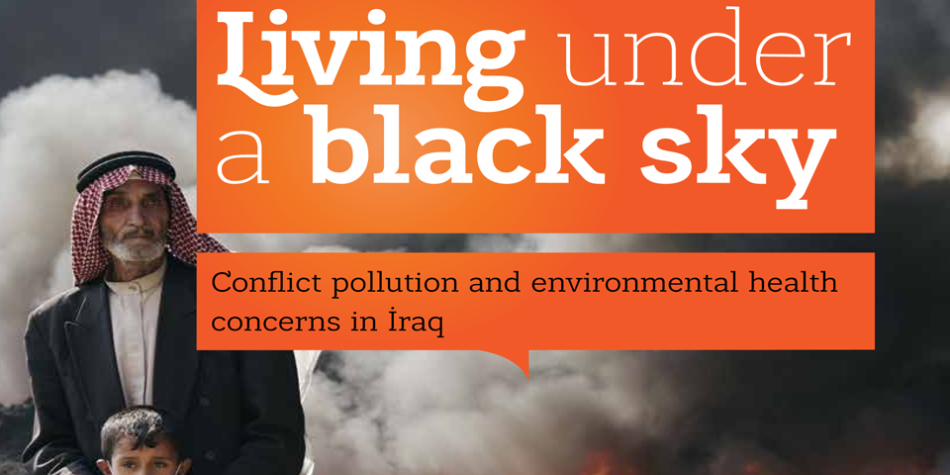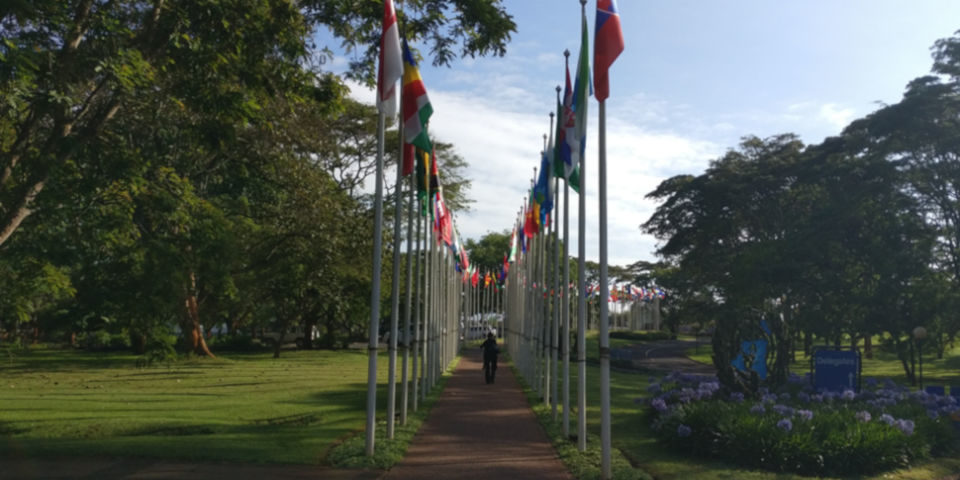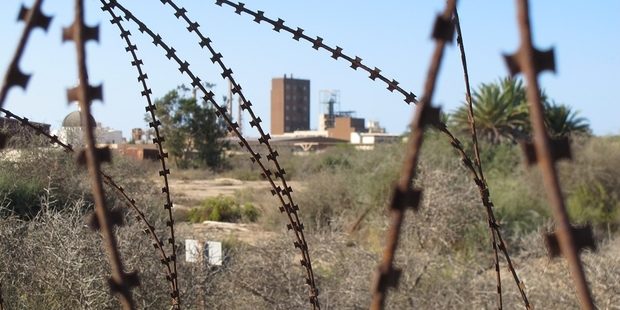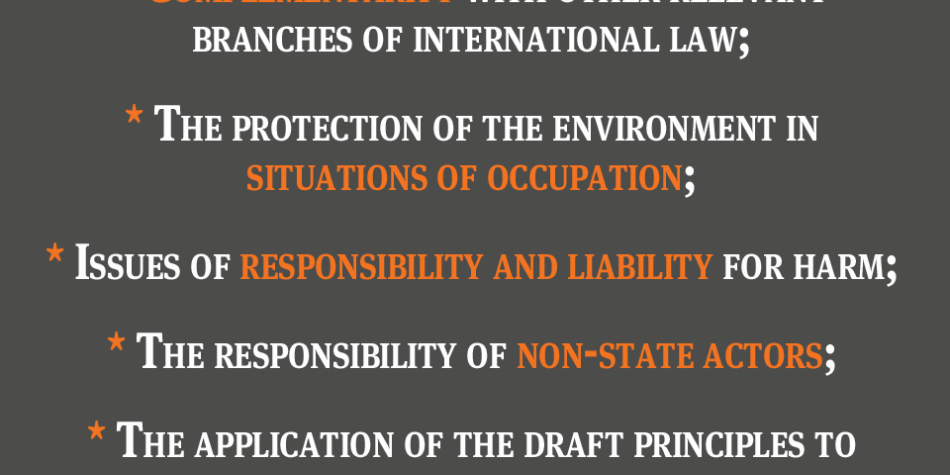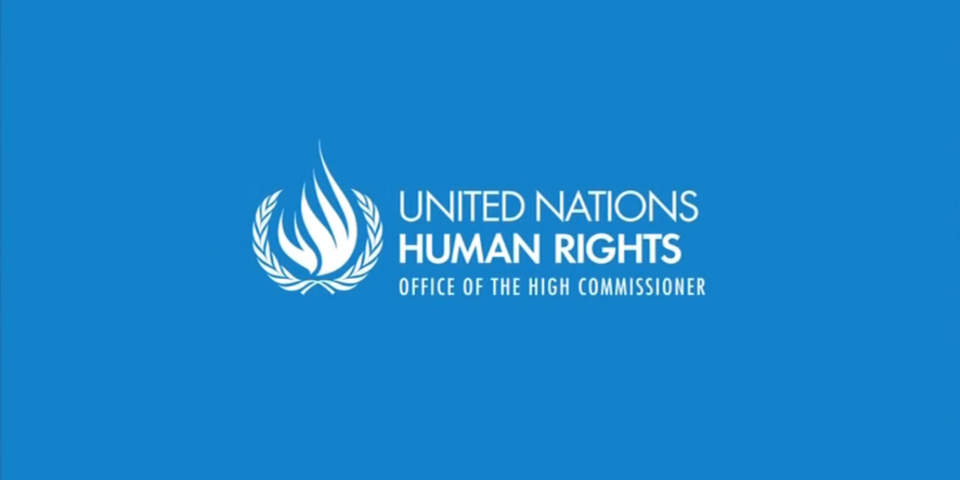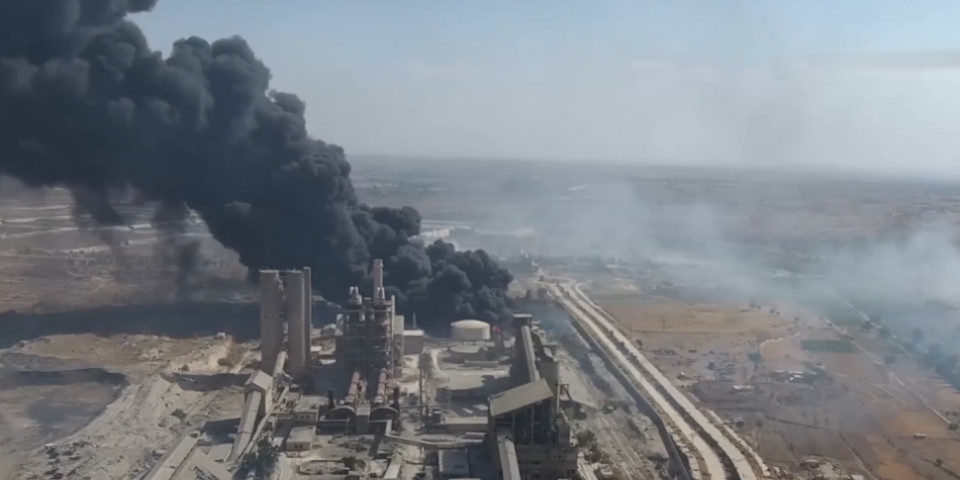PAX | Living under a black sky: Conflict pollution and environmental health concerns in Iraq
Living under a black sky revealed how the conflict in Iraq has left a toxic trail of destruction,which could have severe health consequences for communities and reconstruction efforts.

